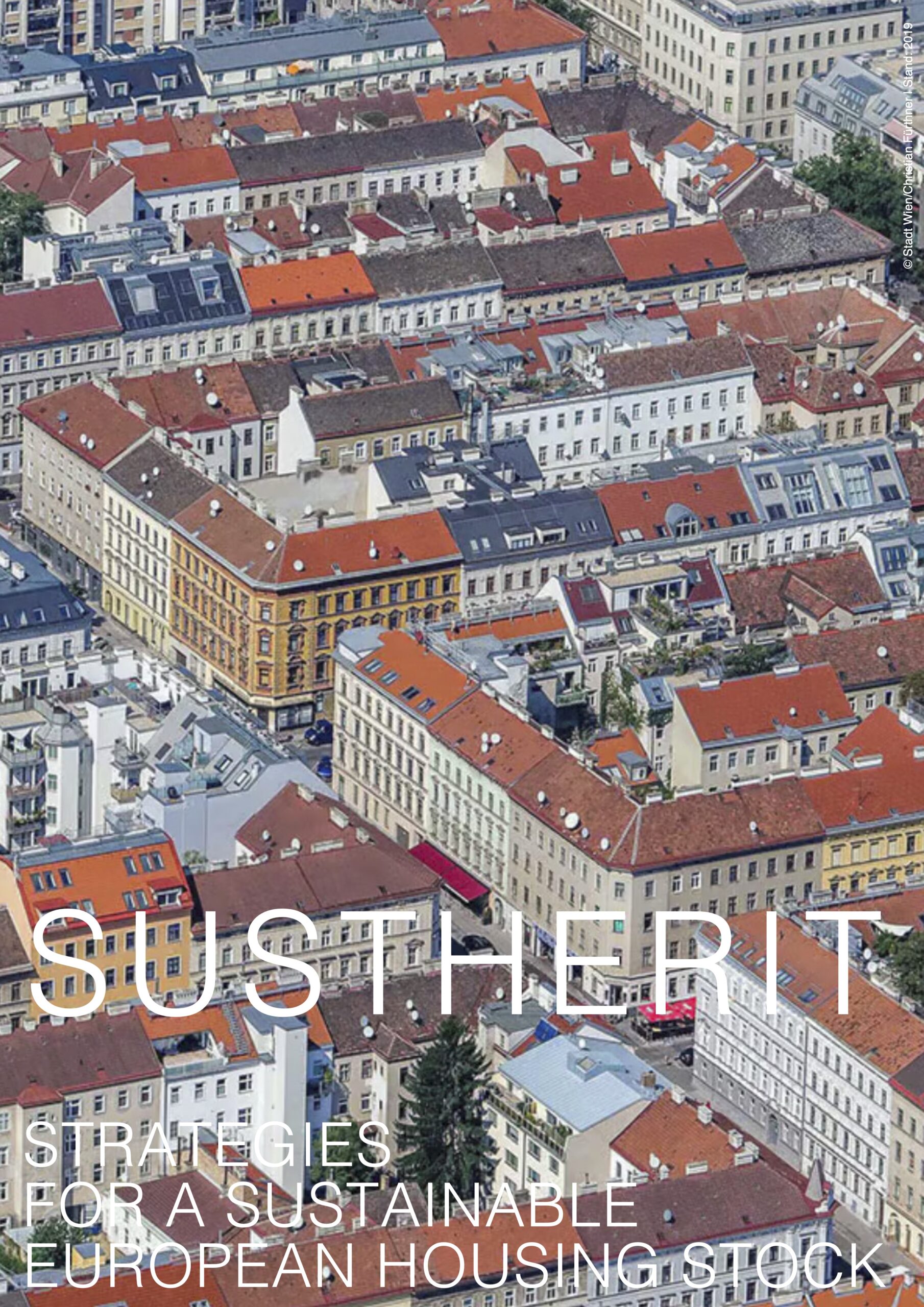
Research project funded by the partners of the Belmont Forum as part of the Call Climate and Cultural Heritage (2023).
Duration: 2024–2027
Consortium
Institute for Urban and Regional Research (ISR), Austrian Academy of Sciences (OEAW), Vienna (Lead)
Hub Architekten ZT GmbH, AT
Department of Social Geography and Regional Development & Centre for Urban and Regional Research (CVMR), Charles University, Prague, CZ
Construction Heritage and Preservation, Department of Architecture, ETH Zurich (Simulation partner)
Institute for Research and Studies on Arab and Muslim Worlds (IREMAM) & Interdisciplinary laboratory environment, urbanism, University of Aix- Marseille, FR
Agence d’urbansime de l’agglomération marseillaise, (Agam), Marseille, FR
Institute for Future Cities (IFC), University of Strathclyde, Northumbria University, Glasgow & John Gilbert Architects, UK
About
The historic housing stock, which has emerged in the period of industrialization during the 19th and early 20th century, is, with its specific urbanistic qualities, a constitutive key characteristic for the European city and identity. During the last decades, in many European urban cores, alongside the house price boom, this housing stock came in the focus of rent-seeking investors and developers, turning this housing stock into a profitable commodity. At the same time, climate change has been requiring prevention and mitigation strategies in the historic housing sector which have become a key challenge for European city.
Against this background, this research project investigates and looks for strategies to overcome the conflict between market constraints and challenges related to climate change within the historic housing sector. How can the tangible and intangible heritage of the historic housing stock help solve this conflict? Despite the ongoing process of commodification, the historic housing stock provides an enormous potential regarding the sustainable transformation of the European city.
The main goal of this project is to develop strategies according to which the historic housing stock with its specific technical-urbanistic and social qualities can become part of the transformative sustainable core of the urban fabric. This includes climate-adaptation strategies – such as the greening of public and semi-public spaces – as well as prevention strategies – e.g., the decarbonisation of the housing stock.
For this purpose, a multidisciplinary team of researchers and practioners from four European metropolises – Glasgow, Marseille, Prague and Vienna – analyses policy strategies, socio-economic and housing market dynamics, as strategies and practices of residents (owners and tenants) and local stakeholders to identify scalable solutions for the sustainability transformation of the European city.
Project Lead Zurich/Contact: Orkun Kasap